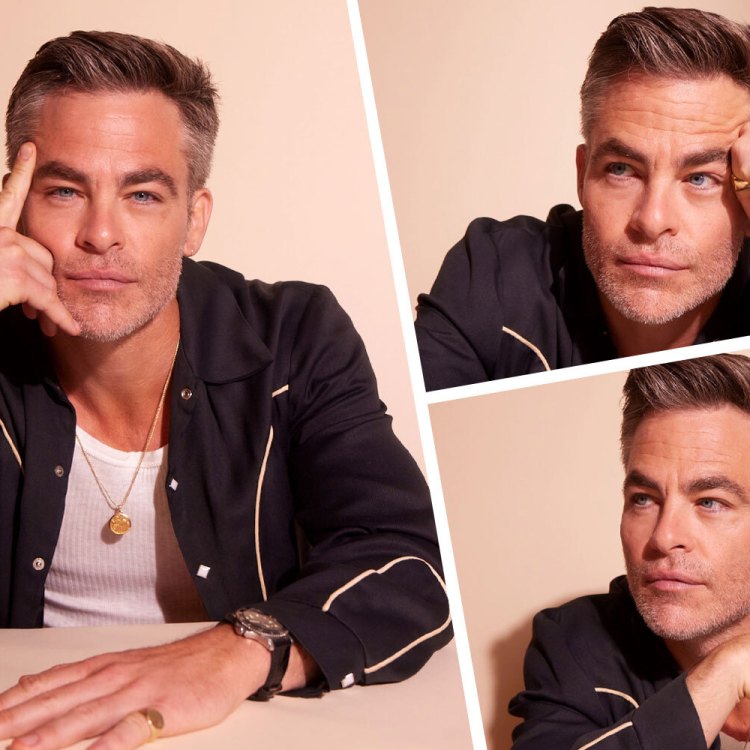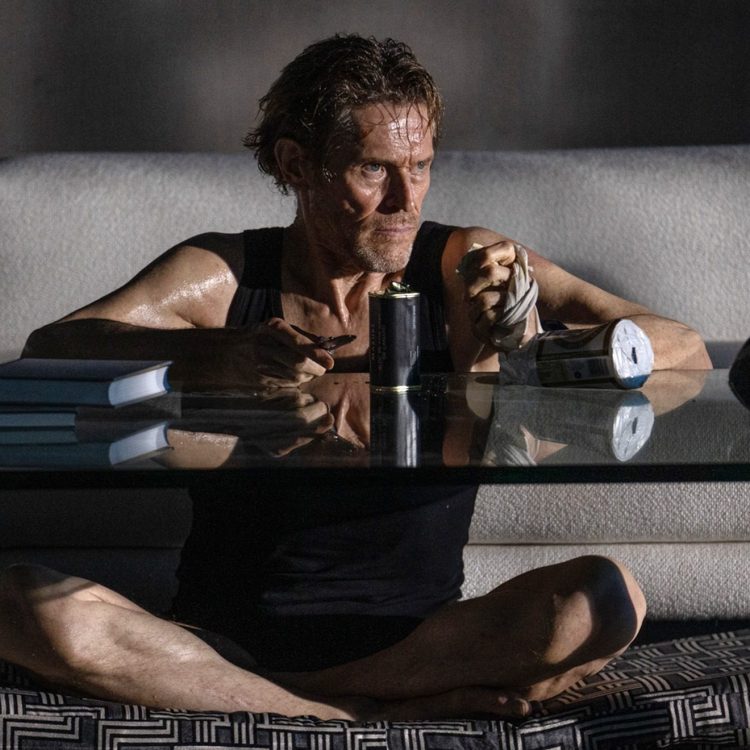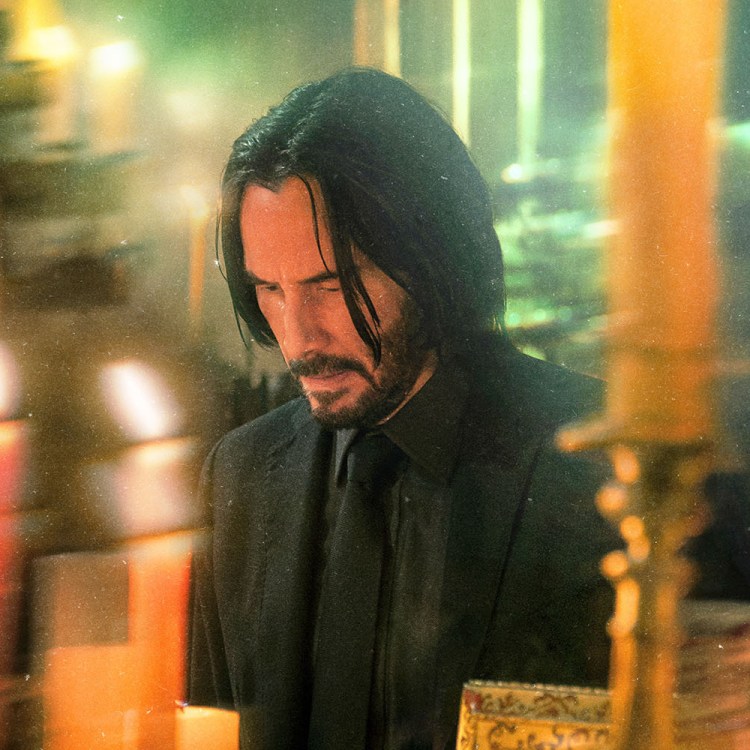Back in 1992 in Nigeria, movies were essentially home videos sold on cassettes throughout Africa. The cassettes were sold on streets or in markets, and were meant to be watched in mass and then discarded, erased, and taped over.
But then, a film directed by Chris Obi Rapu, written by Kenneth Nnebue and Okechukwu Ogunjiofor and produced by Okechukwu Ogunjiofor, Living in Bondage, hit the scene. It sold over 200,000 copies, and changed the landscape of Nigerian cinema.
Now, according to the New York Times, the movie industry in Nigeria employs a million people — which is second only to farming. It also boosts the national economy by $600 million annually, according to a 2014 report by the United States International Trade Commission. Theaters and screening centers are popping up over the country, and more people are able to watch movies on their mobile phones.
Emily Witt, a 36-year-old journalist and writer, was completing a Fulbright in Mozambique when she noticed the Nigerian films being sold along the borders of Malawi and Zimbabwe. Witt says that she was “mystified” by the films because they are hard to understand as an outsider.
“Production value was bad, the plots are all over the place,” she told RealClearLife. “But they were popular enough to travel across the continent.”
Witt later received an assignment from Columbia Global Reports to report on what is now dubbed “Nollywood,” or Nigeria’s cinema industry. For five weeks, Witt spoke to people from all across the industry — directors, actors, producers, screenwriters, make up artists, costume designers, special effects people, hung out on some sets, distributors, and more — to try and gain an understanding of Nollywood. She compiled the information into a book, Nollywood: The Making of a Film Empire, which went on sale Oct. 17.
NollywoodRealClearLife spoke to Witt over the phone while the author was in Berlin. The questions and answers are below (some may have been edited or condensed for clarity).
RealClearLife: This is your second book (your first being Future Sex). What was different about writing this one versus that one?
Emily Witt: Future Sex was more of a first-person inquiry, and I was working in the United States and thinking on different terms. This one was more straight reportage, less exploration of ideas.
What was hard about writing this book? What was easy?
As an outsider, as a white person from the United States, I had trouble because Lagos is such a gigantic and complicated city, it was difficult for me to get a sense of everyday life there. I hired a driver, and spent my days going around interviewing all these movie people and got a comprehensive idea of the movie industry, but I didn’t have as much of an opportunity when it came to riding public transit and seeing what people were watching on their mobiles or hanging in different neighborhoods.
The best part was being on set and seeing the dedication that people brought to it. Nigeria is hard — there is no steady electricity, stuff is expensive, traffic is bad, hard to get cameras imported into the country — but people there don’t complain, they work really really hard. One set I was on didn’t have toilets, we peed in the bushes. But everyone is dedicated to the industry and proud of the industry. That’s the Nigerian spirit, just to hustle and to work really hard, to be entrepreneurial and not wait for permission.
How did you find all the industry people you spoke to?
The nice thing about Nollywood is the movies have the producers’ phone numbers on them and Nigeria is a place where you pick up the phone and call and they will answer. So I was calling tons of people every day, going to the market, buying the movie, watching them, figuring it out, and doing that all over again. I tried to meet with one person every day.
I could’ve used another month; I was just figuring things out a little by the time I left.
Did anyone seem mad or annoyed that an American was doing this reporting, instead of a Nigerian?
No, I never got that. If they did, they never said it to my face. They see the industry as worthy of attention and documentation and they don’t really care who does it. The main thing people objected to was previous descriptions or depictions of Nollywood that represented it kind of “clownishly” – the films could be seen as whacky if you were an outsider and it was maybe easy for some people to see it as this goofy industry. But I knew going in that the depiction didn’t fit.
I had a lot of insecurity about just the history of white people writing about Nigeria and other African counties, that’s not a good history, so I tried to be mindful of not falling into stereotypes and (instead) treating people on the terms by which they presented themselves. I also wanted to be careful, because people there didn’t see the colonial legacy as the main part of the story.
In the book, I talk about this: Nigerians don’t care what Americans think of the industry. They do care in the sense that Nigerian movies should be watched every where and that they’ll be good enough to be watched by everybody, but they don’t care if Hollywood gives them a stamp of approval, or even if the older more sophisticated African cinema gives them a stamp of approval, Nollywood doesn’t care, they know that people in Nigeria watch and like their movies. They are not trying to pander to other people’s tastes.
So what’s next for you?
I am trying to figure out what’s next. What was really nice about this book for me was that it was a straight piece of reporting that gave me the opportunity to remind editors and other people that I am that kind of journalist as well.
You can learn more about Emily Witt and her book here.
If you are interested in checking out any Nollywood films, The Wedding Party is available on Netflix.
This article was featured in the InsideHook newsletter. Sign up now.





















